An unchartered path always held an allure for her.
While it was unusual for a girl from Kansas City to go to college on the East Coast in the 50’s, she took the risk anyway.
After her freshman year at Manhattanville College in 1952, she jumpstarted her career and secured a job at Merrill Lynch as the Assistant to the Head of the newly created Foreign Department, becoming one of the first few women on Wall Street.
As if that wasn’t enough, she also attended night classes.
A year later, her father fell ill, moving her back to Kansas City. She kept in step with Merrill Lynch and worked at the local office.
In 1957, she leaped at the opportunity to be transferred back to NYC. Soon after returning, she defied the odds again. In 1960, against the remarks of the personnel office saying, “sending women overseas was too high risk for Merril Lynch,” she resigned and paid her own way to Beirut, forcing them to recognize her determination. She was immediately hired by Merrill Lynch International, becoming the first woman to work in its Beirut and London offices.
She became the first woman partner of the second hedge fund in NYC, Boettcher & Company in 1970.
Her career transitioned in 1972 after an echo from childhood became too loud to ignore. Having had a prominent political figure for a grandfather, social responsibility was always in the back of her mind. It was at Rockefeller Brothers Fund (RBF) that she launched into working to improve the economic status of women.
This is Michaela Walsh, nonconformist, visionary, “troublemaker,” and founder of Women’s World Banking (WWB).
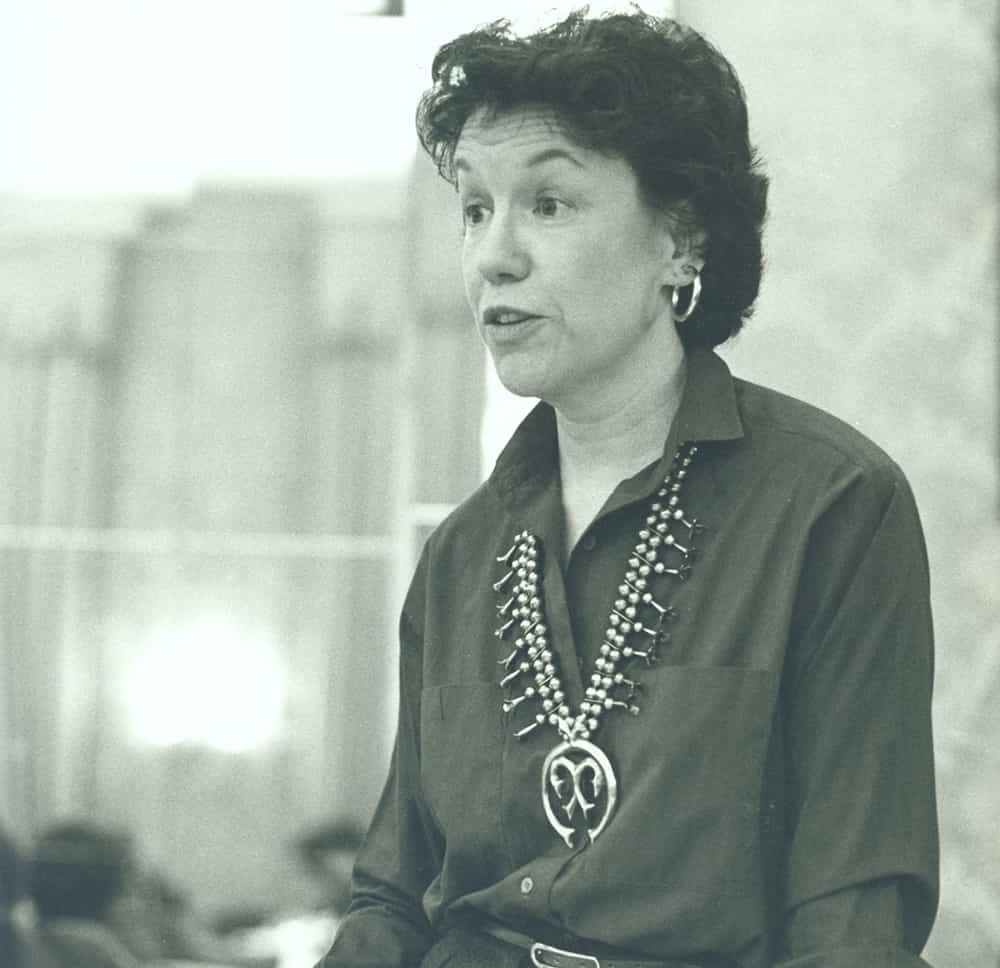
1975 rolled around and with it, the United Nations’ first-ever World Conference on Women in Mexico City. Representing RBF, it was there that Michaela’s vision for change took shape after crossing paths with incredible individuals, such as Kenyan entrepreneur and banker, Mary Okelo, Indian cooperative organizer (SEWA) and Gandhian, Ela Bhatt, and Ghanian businesswoman and microloan pioneer, Esther Ocloo. Their shared belief in the power of women was palpable and their comradery was almost instant.
Michaela brought the finance industry experience, while the others brought the development space and regional perspectives. There is no one “Queen Bee” in Michaela’s eyes and the richness of the diverse perspectives she came to trust paired with the atmosphere of the conference was the perfect storm for something revolutionary.
“There was no set agenda for this first conference, but you’d walk room to room and something extraordinary was always happening. It was these two women that put it on in the space borrowed from the military and these ‘magical meetings’ just continued to happen.”
Only one year before the Conference, women in the US couldn’t have their own checking or savings accounts without their husbands’ signatures. That basic right wasn’t legalized until 1981 in India and 1985 in Ghana. As a rainstorm subsided outside, Michaela saw a clearing by challenging the status quo. She stood up and stated, “Women have to own their own banking accounts.” Women in the room were in violent agreement. Ideas poured from her peers after that. This simple yet profound statement planted the seed for something extraordinary – the first nonprofit focused solely on women’s economic empowerment through financial inclusion, starting with a commitment to help women access credit and their financial futures.
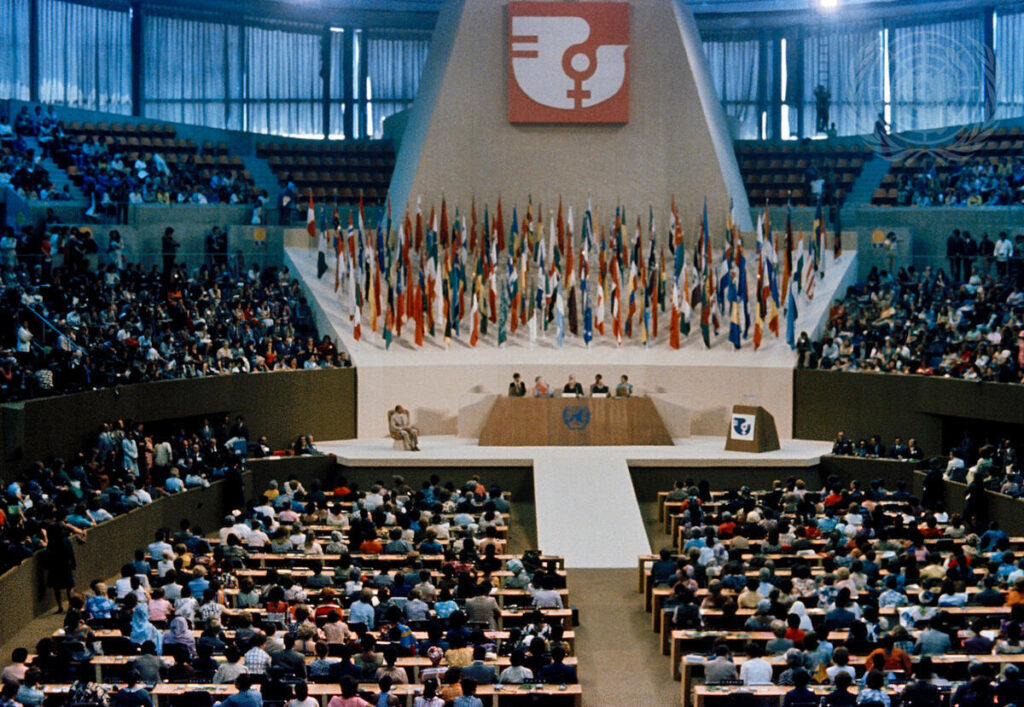
“No one expected 7,000 women to gather in that room. It changed my life, and I never looked back.”
Russell Phillips, who was vice president of the Rockefeller Brothers Fund, said, “Michaela came back from Mexico City with this idea of creating some kind of finance mechanism that would focus on women, be organized by women, and run by women. I remember thinking it was a crazy idea.” And with that crazy idea began the movement to give all women access to financial services by building a global network of women-owned and women-run independent and financial institutions committed to serving women. Four years later, on May 10, 1979 Women’s World Banking was officially born.
Over the next decade with Michaela as president, Women’s World Banking oversaw three international workshops focused on women’s banking and finance; she also built a global network of nearly 50 affiliates in over 40 countries, a global base capital of $10 million, and a total loan portfolio of over 56,000 loans, creating opportunity for women in emerging markets.
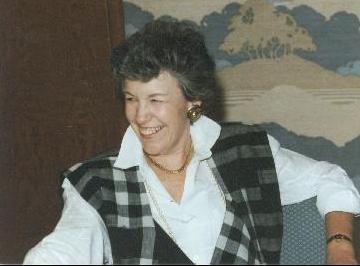
In 1990, she handed over the reins to WWB’s second president, Nancy Barry, and became an Honorary Board Member for Life.
Since then, Michaela has remained dedicated to education and service. From pioneering a global leadership program for young women at Manhattanville College to chairing the UN conference on effective partnerships, and so much more, her contributions resonate globally. She’s been honored with prestigious awards, such as the Woman of Vision Award from the National Organization for Women, reflecting her dedication to empowering others and creating lasting change.
“My whole motivation in life has been to make life easier for the young women coming behind me.”
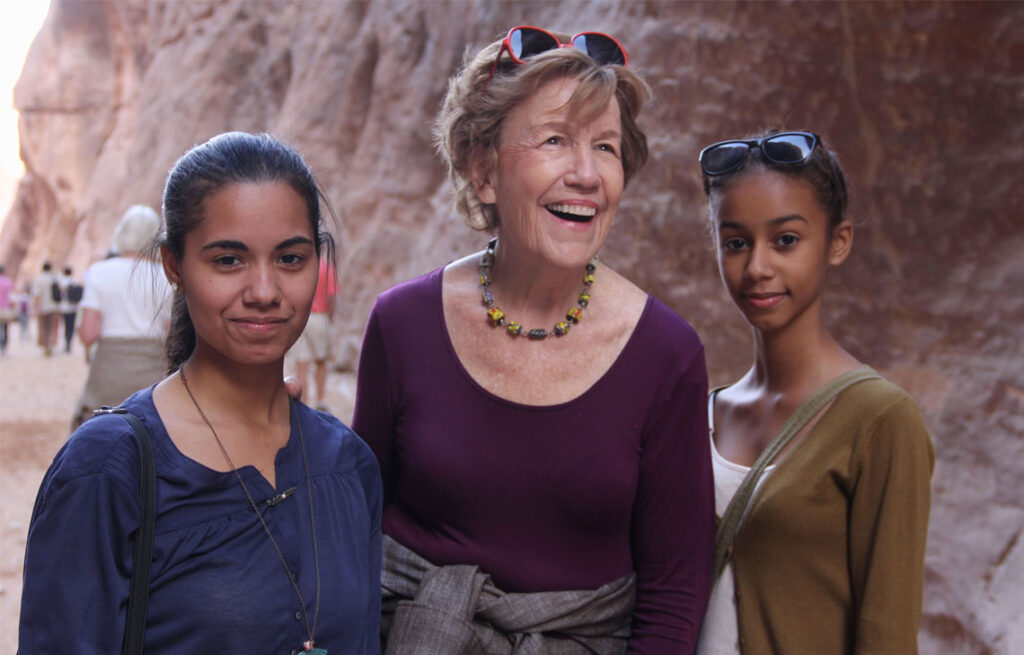
Michaela epitomizes unwavering integrity throughout her journey, always valuing collaboration and crediting fellow visionaries like Lilia Clemente, Deanna Rosenwig, Mary Okelo, Ela Bhatt and Esther Ocloo for their collective drive. She believes in the power of unity in effecting change, emphasizing the importance of maintaining integrity amid challenges. As Women’s World Banking (WWB) has grown and adapted since Michaela’s initial vision, introducing leadership and diversity programs while also establishing an asset management arm, she has remained a champion of ensuring that making finance work for women remains core to our mission. In just the past decade, she successfully spearheaded the development of a college-accredited leadership course benefiting 25,000 young women students selected by Women’s World Banking Global Network Members.
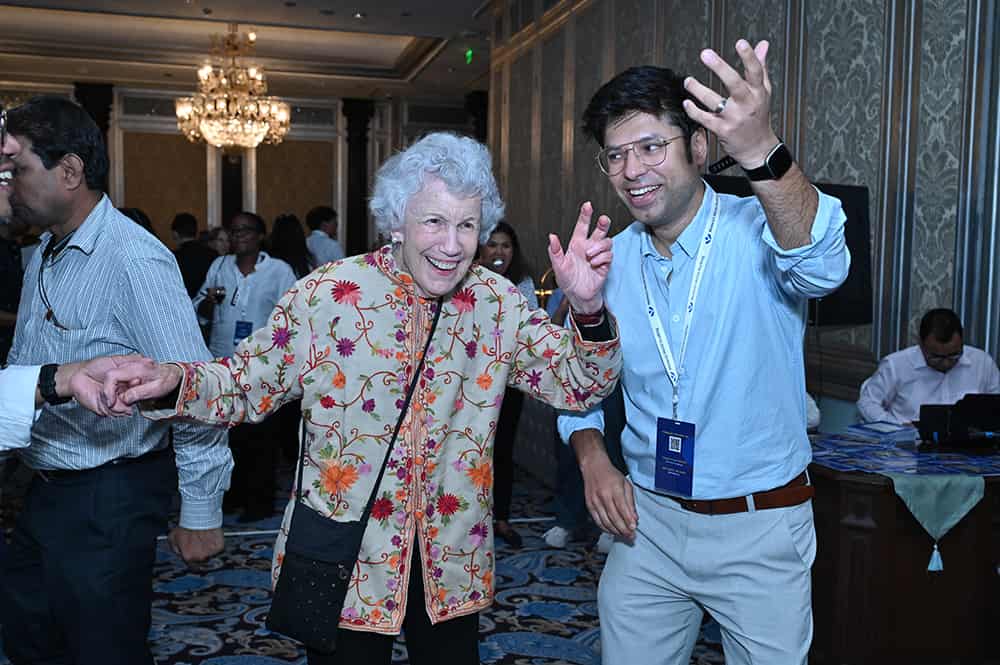
Michaela’s adventurous spirit continues to ignite inspiration in those around her. In reflecting on the evolving landscape of gender equality, she exudes optimism, noting the expanding horizons for women and the promise they hold for the future. She proudly notes that, since 1975, few global institutions have endured–a testament to WWB’s pioneering spirit and enduring relevance in the pursuit of women’s economic empowerment. For Michaela, collaboration is paramount—a principle that has been pivotal in shaping WWB into the esteemed institution it is today.
“Roots are really important, and WWB has established that,” Michaela says. “I had a vision of women owning their own banking services and owning their own businesses. WWB created financial access for women in the formal economy at a time when so few women were engaged in it. I drove the bus, but I couldn’t have created WWB alone. It truly was a movement created by women, for women.”
Women’s World Banking has changed the lives of millions of women, transforming their households, businesses and communities, and driving inclusive growth globally through financial inclusion.
Today, using our sophisticated market and consumer research, we turn insights into real action to design and advocate for policy engagement, digital financial solutions (see Blanca’s story here), workplace leadership programs, and gender lens investing.
Help us reach the nearly billion women still excluded from the formal financial system. Donate now.



